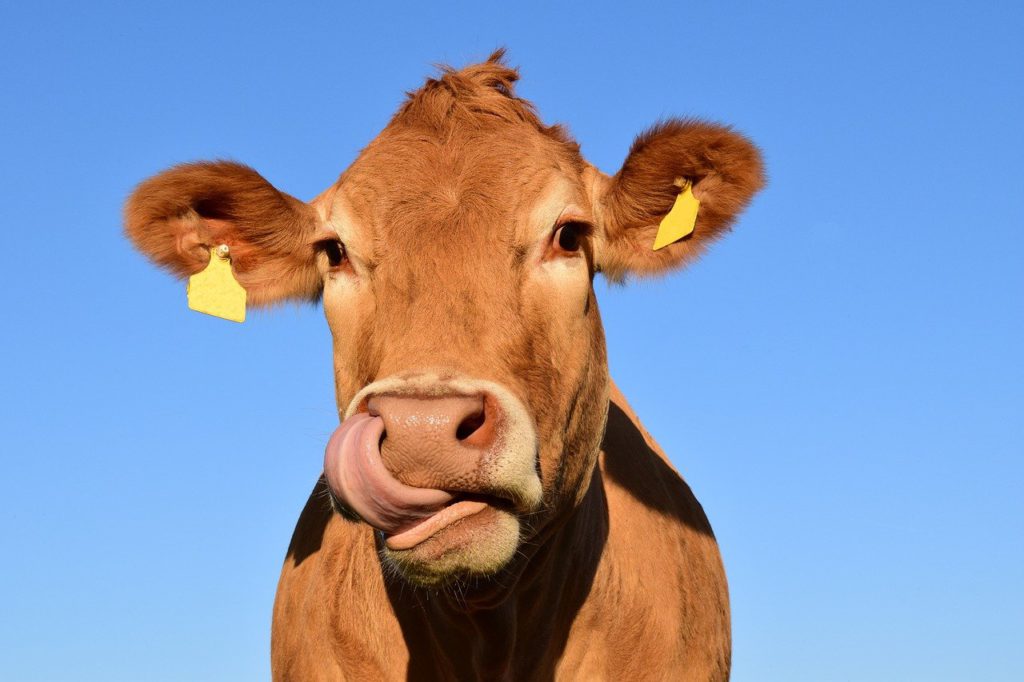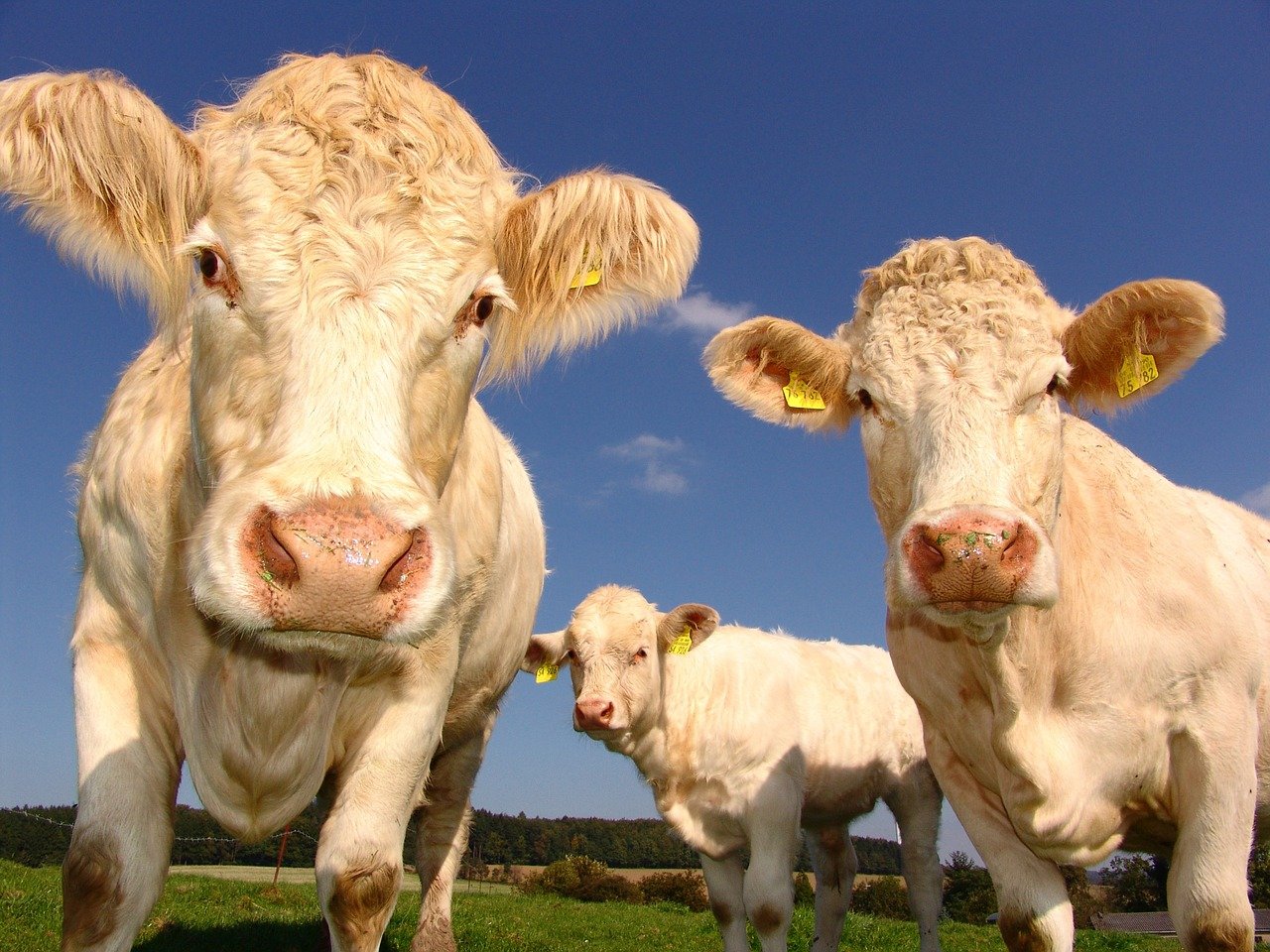Mainly due to cultural reasons, India has the highest percentage of the vegetarian population. In most states of the country, cow slaughter is legally prohibited. Indian people following the principles of Hinduism believe that practicing non-violence towards all living creatures is one of the factors of the possible reincarnation.
Why and how did it all start? Read on to learn why cows are the most sacred animals in India and how do Hindi people present their respect towards them.
If you want to travel to India, check what documents should you prepare for completing the quick e-Visa process here!
Table of Contents
Sacred cow: history

Cow protection and its worship is a deeply rooted tradition that has its origins several centuries BCE. At first, cows were appreciated because of their contribution to maintaining a household.
These animals were strong enough to pull equipment used to take care of the fields, gave milk, which could then be made into numerous different foods, such as curd or butter. Even its urine and dung was used to the benefit of the Indian people.
Due to all of these reasons, cows are considered not only beneficial but are sanctified. Since cattle brings so many advantages to humans from birth, it is associated with mother, mother nature, and even a goddess.
Indians justify this by saying that cows give us so many different things to use to our benefit without taking much in return. Cow protection also results in not eating beef and reducing cow slaughter. Since these creatures are added maternal characteristics, eating them would be considered immoral.
Why are cows allowed to wander freely in India?
Hindu people believe that everything in the world that is crucial to living (nature) must prosper in harmony.
80% of the Indian population practices Hinduism and follows its principles that state that all living creatures should be protected and not violated.
However, cows wandering around the cities in herds is not always beneficial. They have to be fed, sometimes attack people, or even walk on crop fields resulting in some damages.
Are there non-vegetarian restaurants in India?
Of course, there are many non-vegetarian restaurants in India. Every dining place is marked by vegetarian, non-vegetarian, or is serving both options.
Make sure to do your research before visiting India and respect the country’s culture while being there. Dress modestly, be respectful, and get to know the dos and don’ts regarding Indian people’s habits and customs.
In which states can I eat beef in India?
India can be divided into three sectors when it comes to bans on cow slaughter and beef sales. There are states with a complete ban, partial ban, and without one at all.
Thirteen regions in India have a complete ban on beef sales and cow slaughter, e.g., Delhi or the Indian administrated Kashmir. The states and union territories with a total ban are located in the north, west, and central parts of the country.
Overall, twelve regions have a partial ban on cattle-killing and beef sales. That means that in these states and union territories, cows and calves slaughter is prohibited. However, bulls, buffaloes, and bullocks with an appropriate certificate can be killed.
These regions are located mostly in the eastern and southern parts of India, e.g., Orissa, Goa, or the Nicobar Islands.
Lastly, only one union territory and eight states where beef eating is allowed and the meat is legally sold. In these regions, Christianity makes up the prevalent belief. You can freely eat cattle’s meet in Kerala, Assam, Manipur, and other parts of the country.
Do I need an e-Visa to visit India?
Every traveler needs to have an approved India e-Visa to enter this country without any issues. Luckily, you can obtain one online following a simple 3-step application process using any working device!
The electronic entry permit to India comes in three types, each one serves a different purpose of usage. With an e-Visa, all travelers can visit India for:
Each type differs when it comes to the length of the validity period and the permitted stay in India. Choose an option that is the most suitable for your travel needs and apply online within minutes from home!
India e-Visa costs only 129 Euro, get yours delivered directly to your e-mail box!
Final words
It’s important to remember that many Hindus people believe in the holy cow and not killing it as long as it serves its purpose and gives milk. In most parts of India, there is a total ban on beef sales and cattle-killing.
Make sure to do your research before going on your trip to India, not to come off as disrespectful. If you are a non-vegetarian, find which restaurants serve meat and which don’t.
Dress conservatively, be respectful of the Indian culture, and explore this beautiful and rich in history country! Apply online for the Indian e-Visa to make sure that you’ll be able to cross the country’s border!

